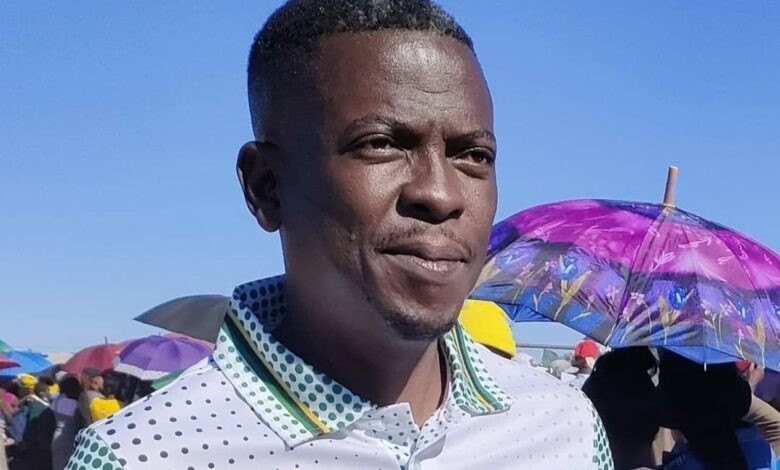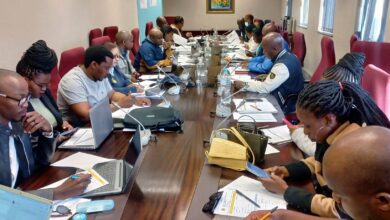‘When a Name Speaks Freedom’: Why the Court’s Ruling on Surnames Matters ?
By Sibusiso Twala (Writes in his personal capacity)

South Africa’s courts have once again proven to be the crucible where the ideals of our Constitution are tested and realised. In a recent ruling, the court affirmed that men, too, may adopt their partner’s surname. At first glance, it may seem like a minor administrative matter. Yet, beneath its surface lies a profound challenge to patriarchy, identity, and the cultural assumptions that continue to shape our lives.
For centuries, naming conventions have been a tool of patriarchal authority. A woman “took” her husband’s surname, signalling not only a union but often a quiet erasure of her own lineage. A man, by contrast, retained his name — his identity unquestioned, his heritage secure. To even suggest that a man might take his wife’s surname was long regarded as unthinkable, even laughable. This judgment turns that thinking on its head. It insists that, in a constitutional democracy founded on equality and dignity, the law must treat all choices with equal weight.
But this is more than a matter of paperwork. A surname carries history, memory, and belonging. By allowing men to adopt their partner’s surname, the Court recognises that love and partnership are spaces of choice, not subordination. It acknowledges that masculinity is not diminished by equality but strengthened by it.
Predictably, the decision has not gone without criticism. Some argue that it undermines “African tradition.” But tradition is not fixed in stone. It breathes and evolves with each generation. In fact, many African cultures historically allowed for flexible naming systems, where lineage was traced through both maternal and paternal lines. The rigid “one-way traffic” of surnames that we now take as natural was, in large part, the product of colonial and patriarchal impositions. This judgment, in many ways, restores older, more fluid understandings of identity.
The power of this ruling lies in normalising choice. Couples can now decide freely whose surname they carry, or whether to create new combinations that reflect both lineages. Imagine sons who proudly carry the names of their mothers, or families who choose names that reflect not hierarchy but unity. This is a quiet revolution — not with slogans or protests, but with signatures on birth certificates and marriage records.
We should not underestimate its cultural impact. South Africa remains a deeply unequal society, scarred by gender-based violence and the entrenchment of toxic masculinity. In such a context, even small symbolic victories matter. This ruling challenges men to confront the privileges they take for granted. It chips away at the notion that manhood is about dominance and authority, and redefines it as partnership, humility, and respect.
Our democracy was never meant to be only about elections and parliaments. It is also about dignity in the everyday — the freedom to love, to name, to define ourselves without fear or limitation. By extending the right to men to take their partner’s surname, the court has reminded us of this promise. It has expanded the space of equality from the halls of power to the intimacy of family life.
History will not remember this case for its technical details. It will remember it as one of those moments when the law helped society write a new story — a story where names are not prisons of patriarchy, but bridges of love and equality.
And perhaps, years from now, when a little boy proudly carries his mother’s surname, or when a man takes on his wife’s name without ridicule, we will look back and see that this judgment was never just about names. It was about freedom itself.



